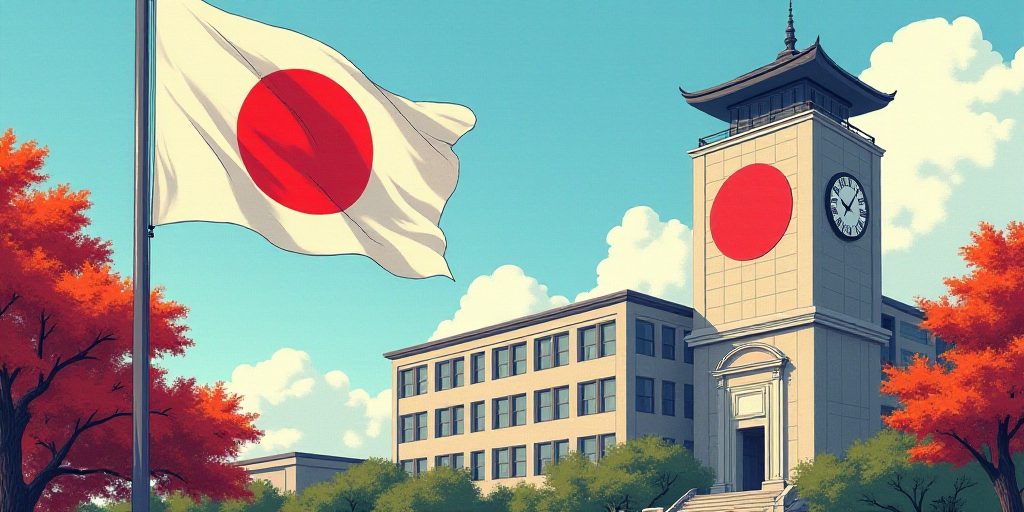Background and Relevance of the Bank of Japan Governor
The Bank of Japan (BOJ) has been a pivotal institution in shaping Japan’s economic policies since its establishment in 1882. The current governor, Kazuo Ueda, took office in April 2018, succeeding Haruhiko Kuroda. Ueda, a former senior deputy governor, has been tasked with navigating Japan’s economy through a period of low growth and deflation. His decisions on monetary policy, including interest rates, have significant implications for Japan’s financial stability and global market confidence.
Divided Opinions on Raising Interest Rates
During the March 18-19 policy meeting, the Bank of Japan maintained its benchmark interest rate at 0.5%, but members expressed differing views on when to raise rates amidst growing uncertainty due to U.S. trade policies.
Uncertainty from US Trade Policies
According to the minutes of the meeting, one member stated: “Risks to the downside stemming from U.S. policies have intensified rapidly, and depending on the future evolution of their tariff policy, these risks could potentially have a significant negative impact on Japan’s real economy.”
Cautious Approach vs. Decisive Action
Another member emphasized that while uncertainty persists, the BOJ is not necessarily required to adopt an overly cautious monetary policy stance. This member suggested that the bank “could face a situation where it should act decisively.”
Considerations for Future Policy Decisions
A third member highlighted the importance of considering companies’ and households’ inflation expectations, upside price risks, and wage progression when making policy decisions in the upcoming meeting.
Key Questions and Answers
- Q: What was the outcome of the Bank of Japan’s March meeting?
A: The Bank of Japan maintained its benchmark interest rate at 0.5%.
- Q: What factors are causing uncertainty for the BOJ regarding interest rate hikes?
A: The primary concern is the rapidly intensifying downside risks from U.S. trade policies.
- Q: How do BOJ members view their approach to monetary policy amidst this uncertainty?
A: Some members advocate for caution, while others suggest the bank could need to take decisive action depending on future developments.
- Q: What other factors should the BOJ consider when making policy decisions?
A: The BOJ should take into account inflation expectations, price risks, and wage progression when formulating its monetary policy.






